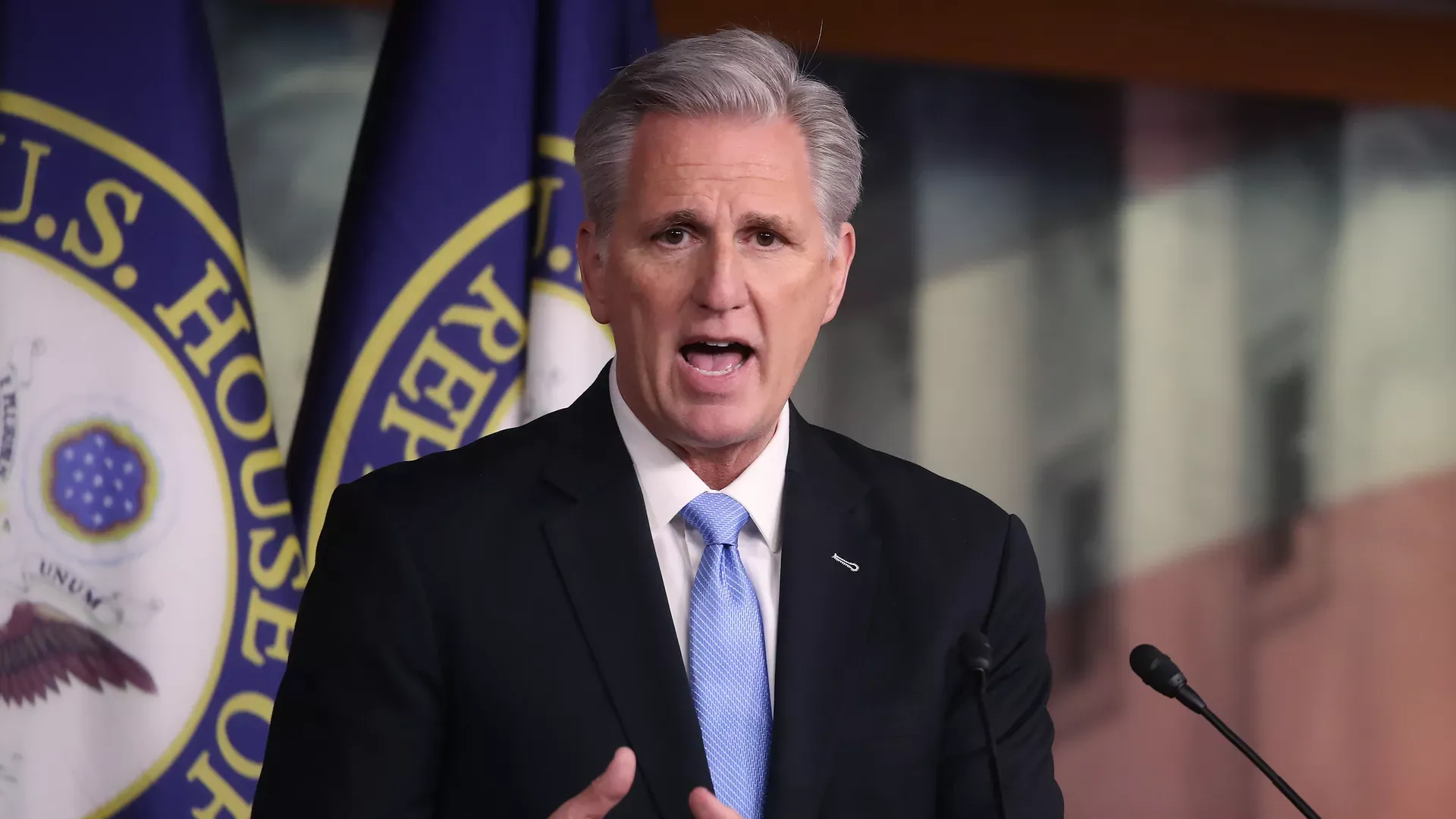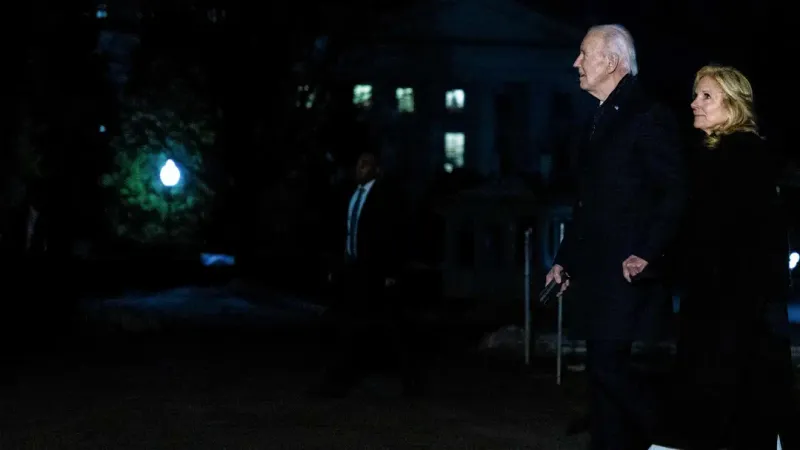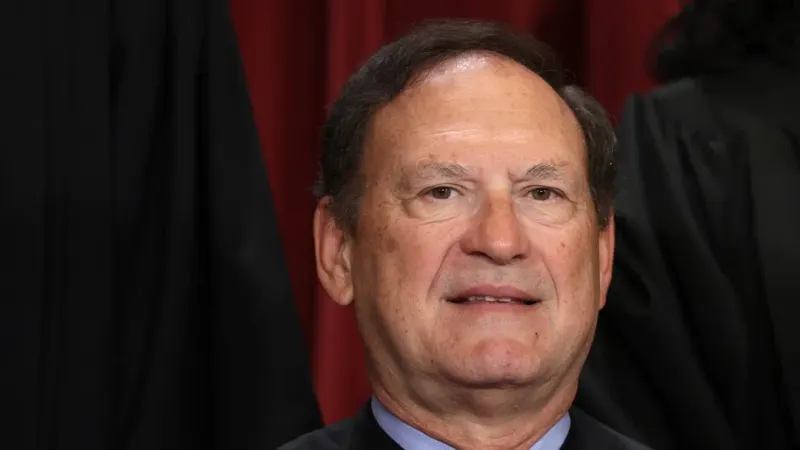US House Rules: GOP Moves to Retain Jan. 6 Documents
As part of a proposed House rules package, Republican lawmakers are attempting to pass a new policy to retain materials gathered by the Jan. 6 House Committee from the National Archives.

Facts
- As part of a proposed House rules package, Republican lawmakers are attempting to pass a new policy to retain materials gathered by the Jan. 6 House Committee from the National Archives.
- The new policy would require the Jan. 6 Committee to send its records to the Committee on House Administration by Jan. 17 and order the National Archive to return any documents it has already received.
- While existing House rules already name the House Administration Committee as the custodian of records, preventing the National Archives from handling them would circumvent policies that allow documents from sensitive investigations to be withheld for up to 50 years.
- The Jan. 6 Committee pledged to make most of its findings public but would withhold some records based on arrangements with witnesses who requested anonymity.
- Other proposed items in the rules package include ending proxy voting, eliminating the Select Committee on the Climate Crisis, and reinstating a policy designed to make it easier to transfer and convey federal land to states.
- The package cannot be adopted without a House speaker, and Rep. Kevin McCarthy (R-Calif.) has yet to win the necessary votes to take on the role. The proposed rules package is shaped by concessions McCarthy made, and it's unclear if it would change if he doesn't become speaker.
Sources: LA Times, Axios, The Hill, and EE News.
Narratives
- Republican narrative, as provided by Gateway Pundit. This proposed rule aligns directly with the Jan. 6 Committee's so-called purpose of accountability and — once a House Speaker is elected — should be undertaken. An apparent scramble to lock up the documents for up to 50 years casts an ominous shadow on the committee's investigation and begs the — ironic — question, what is it hiding?
- Democratic narrative, as provided by LA Times. While transparency is important, so is the anonymity and safety of witnesses in the Jan. 6 investigation. The committee has promised to publicize the bulk of its investigation — and has already begun to fulfill that pledge — but it has to balance privacy concerns. Either way, Congress ultimately retains ownership of the records and can revisit whether they should be released at a later time. This proposed rule is not only senseless but divisive.






